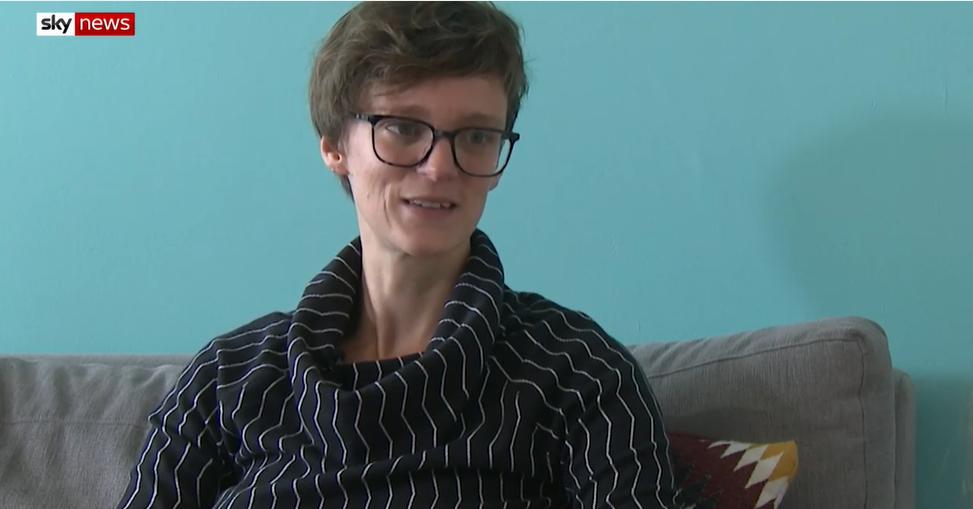 ANTWERP, Belgium — Three doctors in Belgium have determined that a woman who is otherwise healthy but suffers from depression and autism is eligible under the country’s euthanasia laws to end her life. The woman had submitted a request to die years ago but says that she is “doing everything [she] can to live” while keeping the option open.
ANTWERP, Belgium — Three doctors in Belgium have determined that a woman who is otherwise healthy but suffers from depression and autism is eligible under the country’s euthanasia laws to end her life. The woman had submitted a request to die years ago but says that she is “doing everything [she] can to live” while keeping the option open.
“I don’t want to die, but I don’t want to live like this,” Amy de Schutter told Sky News. “It’s unbearable at this moment and it’s been unbearable for a long period of time.”
“There’s always chaos in my head and I cannot find peace of mind — never, never, never,” she said. “It never stops.”
de Schutter, who has a degree in physics and is an author, explained to the outlet she has suffered with depression since she was 11 or 12 years of age, as she went through trauma in her childhood. She was admitted to psychiatric institutions as a teenager and attempted suicide a number of times.
She says that she still cries a lot, and because of her condition, she is not able to obtain employment or get married.
“I can understand people saying; ‘You look okay and you have a degree in physics and you have a nice apartment,’ but if you would see me day in day out in my apartment, crying a lot of the time, even not able to take a shower just because I’m overwhelmed by everything,” de Schutter outlined.
In her late 20s, she sought out physician assisted suicide, which has been legal in Belgium since 2002 and is available under the criteria that the person deals with “unbearable and untreatable suffering.”
Three doctors have now approve her eligibility for euthanasia. de Schutter says that she is “doing everything I can to live” but was “so, so happy” to learn that the option is available for her if she decides to end her life.
“I need to be able to say, okay, when I feel like it’s getting really bad, that I can think about it. … I can talk about the date, I can talk about the funeral,” she told Sky News, adding, “I’ve been doing this since I was 12 years old and I don’t think it’s ever going to change.”
However, Dr. Daniel Frampton of the Society for Protection of Unborn Children (SPUC) said in a statement that de Schutter needs love and care, not death.
“De Schutter’s plight is undoubtedly very difficult, but it deserves effective treatment, not the licensing of death for vulnerable persons,” he said. “Many people suffer various types of anguish and depression, and it would be a travesty to suggest we eradicate such patients instead of their illness.”
“Death should never be encouraged as an answer to suffering and despair,” Frampton continued. “By granting assisted suicide as a means of saving a life, as De Schutter claims it might do, the Belgian government has placed potentially thousands of vulnerable citizens at risk of an untimely and unnecessary death by expanding the criteria for euthanasia.”
“It may be that De Schutter and some others find consolation in knowing that assisted death is an option. However, that relief, founded on a death wish, is nevertheless based on the idea, and indeed the fatal act itself, of ending a life rather than treating it.”
Hebrews 6:18-19 says that “we might have a strong consolation, who have fled for refuge to lay hold upon the hope set before us, which hope we have as an anchor of the soul, both sure and steadfast.”
Become a Christian News Network Supporter...


